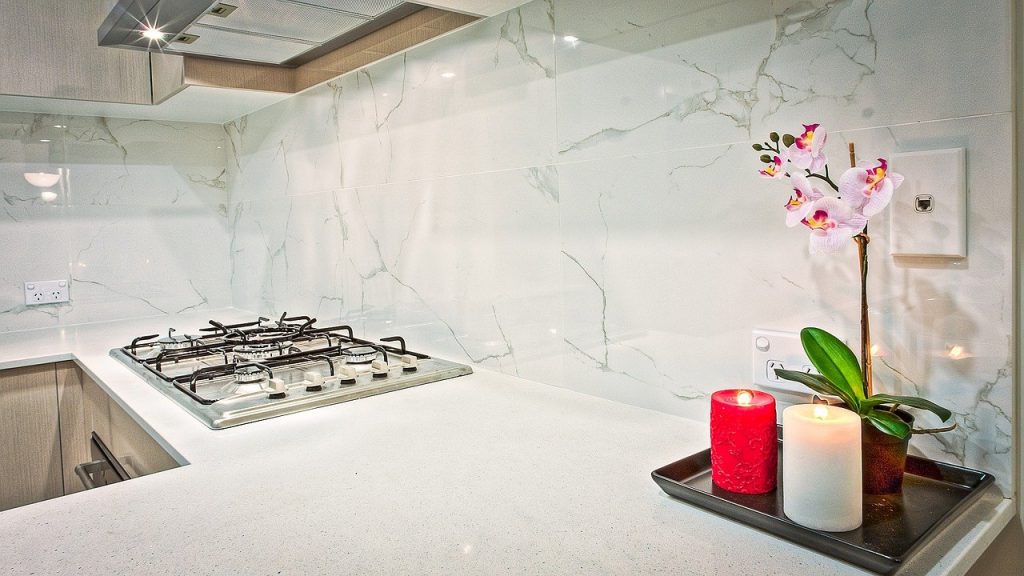Introduction
House valuation is the process of determining the estimated costs of purchasing a house. There are factors that people consider when estimating the cost of a house such as its location, materials used to construct it, demand levels, size and so on. The process is useful to both a buyer and a seller. For the buyer, you will avoid buying a house at a cost higher than its actual value. Also, you will avoid buying a house in poor condition. To the seller, it enables them to sell the house at the right value such that they do not sell themselves short or overcharge and scare away potential buyers.
The process is also conducted in cases where members share the same house either because it is a matrimonial home or other parties agreed to buy a house together. Valuations prevent a person from selling the entire house and short-changing the other party which can lead to heated disputes. Now that we have identified the reasons for the process, we need to identify the steps involved in estimating a house. Our focus is going to be on using digital platforms to give an estimated value of your house.
Steps involved
• You will need to visit websites to conduct a house valuation online. Several websites allow people to list the values of their houses online. Compare the costs of these houses across many online websites to come up with an estimated range. However, remember to consult an agent regarding the house costs as well, since online platforms may not give the whole picture. Get an agent’s contact online.
- If you are a buyer who has identified a house you want, find out other benefits of the house. Find out when it was last sold. Online websites also provide this detail. If you notice that the house has been sold twenty times within two years for instance, then take that as a red flag. It may be a sign that the house is in bad condition or located in a dangerous neighbourhood.
-
Check if there are additional improvements that need to be made to the house. You can find this information or online or arrange to see the house. If the house lacks a proper drainage system or has some cracks, then you should ask the seller to lower its value. The buyer could also look elsewhere if they cannot agree on the selling price.
Pros and cons of valuing your house online
Digital evaluations have certain advantages and disadvantages, so it is up to you to decide whether to embrace it or abandon it. Here are the pros below:
- It is a helpful reference tool especially in situations you do not know how much an average house costs. Research on as many websites as possible.
- The service is free so you do not have to incur the cost of paying to call an agent. Additionally, consulting the websites does not equate to committing to the process.
-
It saves one’s time from wandering from region to region seeking a house since houses are listed online.
Here are some cons to think about:
- Various valuation tools generate different values for the cost of a house. As a buyer, it is difficult to get information about one particular value. The buyer is forced to come up with a range of cost values. It also means that the buyer still has to consult an agent on the actual price.
- The online tool does not factor in certain elements when it estimates the cost of the house. Some of the factors that may be left out include a case where the house became dilapidated or developed cracks due to hot weather.
-
Some websites may list a house as still on sale even after it had been sold.
Conclusion
The process is very useful but it should be used to complement other ways of valuing a house. It merely gives you a rough idea of how much a house costs so that you may negotiate for better prices. Also, other people only rely on agents and ignore digital platforms altogether. Both online platforms and professional agents should be used alongside each other.



